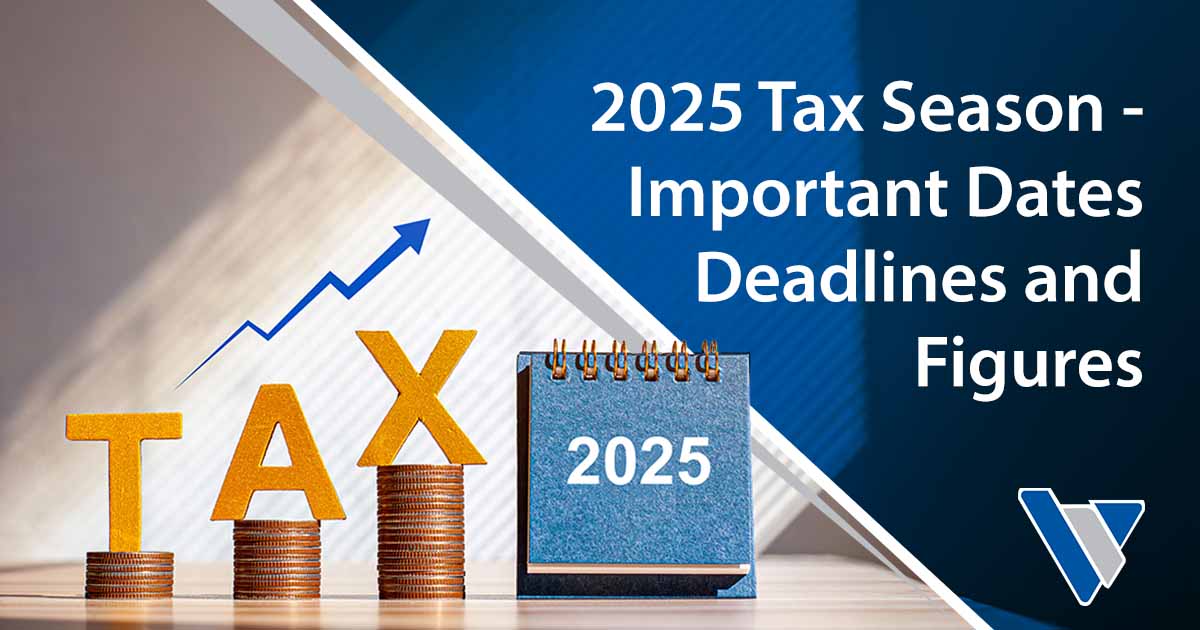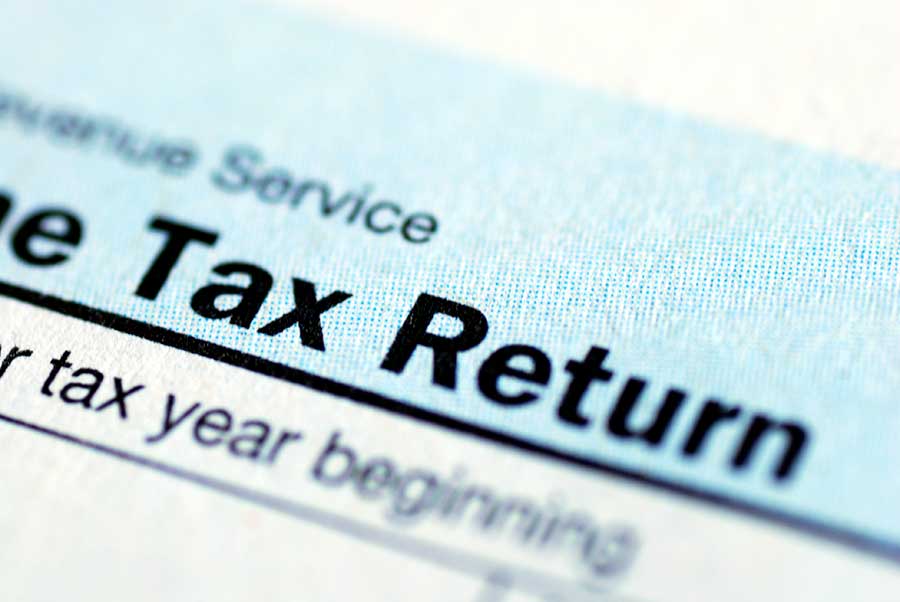It’s hard to believe that tax season is here already. In an effort to help our clients be...


The federal income tax filing and federal income tax payment due date is automatically extended from April 15, 2020, to July 15, 2020, without penalties and interest and regardless of the amount owed. The automatic deferment applies to all taxpayers including individuals, trusts and estates, corporations, and other non-corporate tax filers as well as those who pay self-employment tax.
This was announced on March 18th by the U.S. Treasury Department and IRS in Notice 2020-18. Please note, the limitations provided on March 13th in Notice 2020-17 are no longer applicable.
This relief is only available for:
Consult your tax professional for updated information regarding any state income tax filing delays and extensions. For your reference, the following Forbes article is being updated daily to track the state tax office closings, filing delays and extensions: https://www.forbes.com/sites/kellyphillipserb/2020/03/12/heres-what-we-know-about-extensions-other-tax-relief-due-to-coronavirus-concerns/#4eaf44103412
Taxpayers do not need to file any additional forms or call the IRS to qualify for this automatic federal tax filing and payment relief. Individuals who need additional time to file beyond the July 15th deadline can use IRS Form 4868 to extend the deadline to file until October 15th.
The Families First Coronavirus Response Act provides small and midsized employers (businesses with fewer than 500 employees) two new refundable payroll tax credits designed to immediately and fully reimburse them, dollar-for-dollar, for the cost of providing COVID-19-related leave to employees. This includes a paid sick leave credit and child care leave credit. Under guidance that will be released next week, eligible employers who pay qualifying sick or child care leave will be able to retain an amount of the payroll taxes equal to the amount of qualifying sick and child care leave that they paid, rather than deposit them with the IRS. Consult your tax professional for more information.
We will continue to keep you updated as more guidance and legislation is announced. While our physical office is closed, we are still fully operational and working from home. We are here for you and can be reach for questions or concerns by phone or email.